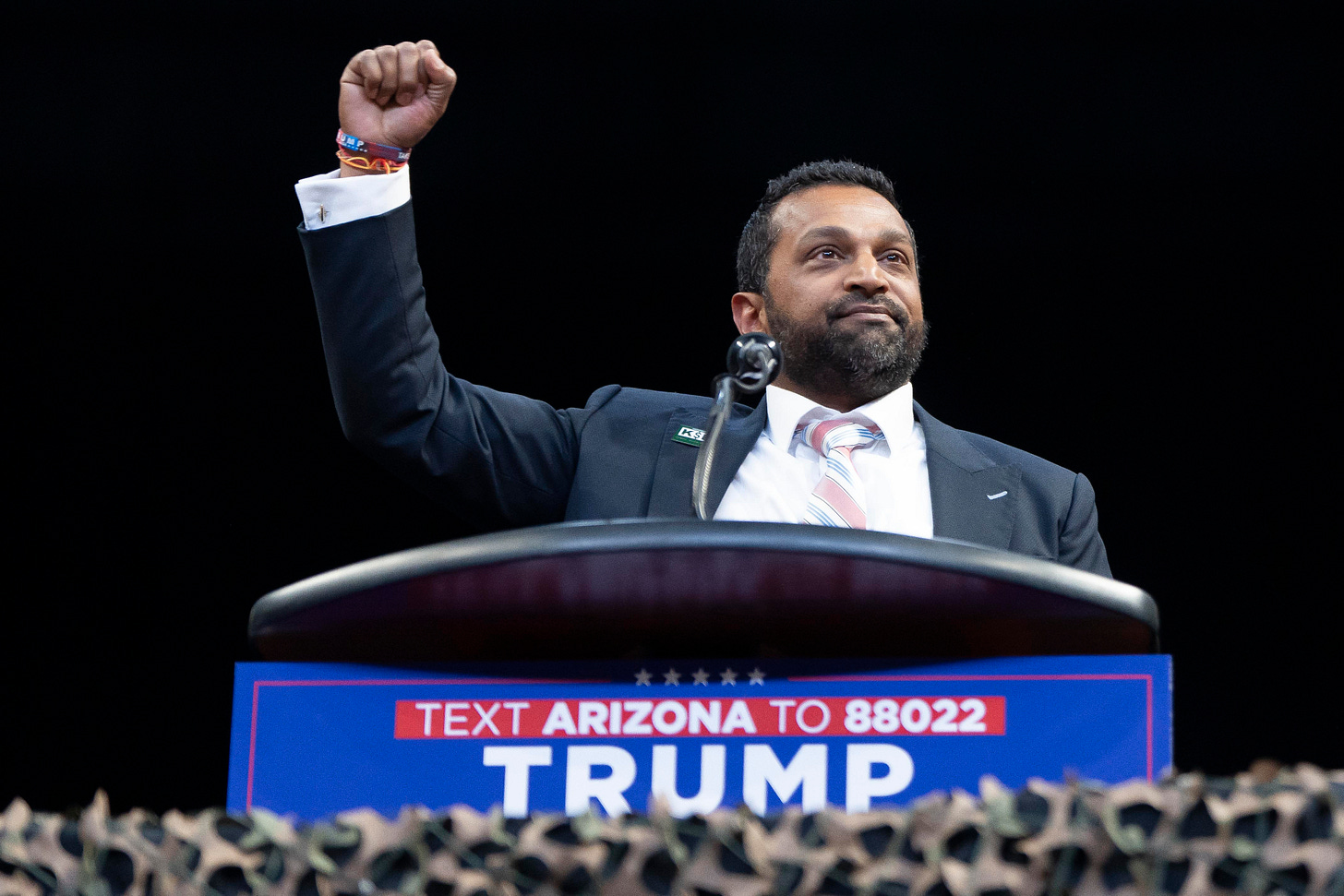A Republican Party Reborn
The GOP is becoming something very different than used to be, and not just because it’s ditched the Reaganite conservatism that once defined it

When I taught a seminar on “The 2024 Republican Primaries” during the Fall 2023 semester at Penn, one of the fundamental assumptions I made about America’s two parties is that they differed in at least one structural respect. From 1980 to 2016, the GOP had been a party united by the conservative ideology that rose to power with Ronald Reagan’s defeat of Jimmy Carter. Since 2016, that ideology has been in retreat, with Donald Trump effectuating a shift to the populist right. That change has altered the party’s policy commitments on immigration, trade, foreign policy, and (possibly) the imperative to cut entitlement spending. But the GOP remains an ideologically driven enterprise, only with the ideological content in the process of evolving away from where it stood for much of the past four decades.
The Democrats, by contrast, are less an ideological enterprise than a fractious coalition of interest groups—blacks, Hispanics, Asians, women, a panoply of LGBTQA+/etc. groups, labor leaders and unionized workers, highly educated white urban progressives, environmentalists, suburbanites, and so on. The party stretches ideologically from sometime-Democrat Sen. Bernie Sanders of Vermont on the left to former New York City mayor and billionaire Michael Bloomberg in the center. The right finds it politically efficacious to treat the Democrats as if they were unified by a drive to enact a far-left ideology. But the truth is that the party is often internally divided over how to portray itself at the national level, since any strong ideological statement one way or the other runs the risk of alienating one or more of the groups within the coalition.
This construal of the two parties was compellingly established and defended in the pages of one of the books we used in our class, and it was based on a rich trove of prior political science research. It also fit with my intuitive understanding of the parties, developed over the past two decades of writing about the political scene as a journalist.
An awful lot of political commentary over the past nine years has accordingly focused on the ideological state of the GOP. Has Trump truly dethroned Reaganite conservatism? If so, why was a large corporate tax cut the primary legislative achievement of the Trump 45 administration? Would a post-Trump figure complete the party’s populist shift and embrace a more activist role for the federal government in advancing the economic prospects of American workers while jettisoning the remaining libertarian commitments that traced back to the Reagan era?
But with the incoming second Trump administration rapidly taking shape, another possibility has presented itself: Rather than embracing a consistent and coherent ideological outlook to succeed Reaganite conservatism, the Republican Party may be in the process of moving beyond its ideological orientation altogether, in favor of becoming something much more like the ramshackle coalition of groups that make up the Democratic Party—albeit with some crucial, and ominous, differences.1
Keep reading with a 7-day free trial
Subscribe to Notes from the Middleground to keep reading this post and get 7 days of free access to the full post archives.




